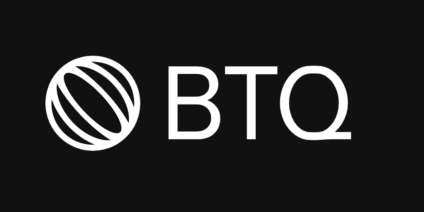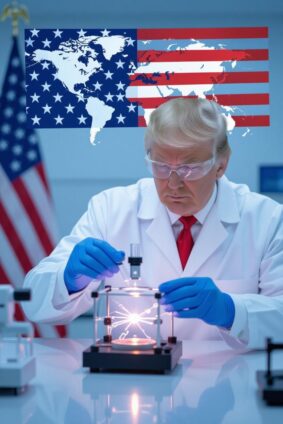Government & Policy

Ireland’s €36.9M Announcement: Quantum-Led QUBIC Anchors Deep-Tech Push
October 24, 2025, was a lucky day for quantum computing advancements in Ireland. Announcing a €36.9M in funding for 6 projects, the Irish Department of Enterprise, Tourism, and Employment set aside monies under the Disruptive Technologies Innovation Fund, or DTIF.

Quantum R&D Priorities in FY 2027 Trump Administration Budget
The Trump Administration’s FY 2027 R&D budget memorandum outlines key areas to bolster U.S. leadership. Quantum R&D priorities stand out as central, integrating with AI, energy, security, health, and space initiatives. The strategic focus aims to enrich American prosperity and safeguard against global competitors.

Chicago South Side Quantum Campus: Issues, Arguments, Pros and Cons Analysis
Residents on Chicago’s South Side express deep reservations about the planned quantum computing campus at the former U.S. Steel site. They cite inadequate community input, potential environmental hazards, and doubts over local job access. Supporters argue it could spark economic revival and position the city as a tech hub.

Historic UK-US Tech-Deal Creates Quantum Computing Partnership, Speeds Healthcare
The UK-US Tech Prosperity Deal, announced on September 16, 2025, centers on a quantum computing partnership to revolutionize healthcare. By developing advanced quantum computers, the collaboration aims to speed up drug discovery and deliver life-saving treatments faster. A joint taskforce and industry exchange program will drive innovation across healthcare, defense, and finance. The partnership also fosters economic growth, with investments like IonQ’s new Oxford hub creating high-skilled jobs. This landmark deal positions both nations as leaders in quantum technology.

BTQ QSSN Post-Quantum Stablecoin: U.S. Endorsement and Global Standards Push
BTQ Technologies announces major endorsements for its Quantum Secure Stablecoin Network (QSSN). The U.S. Post-Quantum Financial Infrastructure Framework (PQFIF) highlights QSSN as a model for quantum-secure tokenized deposits. Meanwhile, QuINSA unanimously advances it as a global standards initiative.

Quantum Sensing: Trump’s Bet for U.S. National Security
The Trump administration emphasizes quantum sensing to strengthen U.S. national security and economic competitiveness. These sensors offer precise navigation and timing, addressing GPS vulnerabilities. Federal initiatives could deploy them within three years, but underinvestment and fragile supply chains threaten progress. Strategic action is needed to maintain America’s quantum edge. Timely investments will ensure leadership in the quantum era.

Quantum Encryption Readiness and Resilience Act Introduced in Washington
The Quantum Encryption Readiness and Resilience Act, introduced on August 20, 2025, by Congressmen Subramanyam and McGuire, aims to safeguard U.S. data from quantum-enabled cyberattacks. This bipartisan bill mandates a national strategy to assess quantum capabilities, identify vulnerabilities, and foster collaboration between government and industry. Supported by key stakeholders, it ensures the U.S. remains a leader in quantum cybersecurity.

Quantum Workforce: Australia’s Global Powerhouse
Australia’s quantum workforce, despite a small population, produces 10% of global quantum talent. Strategic investments and academic excellence drive this success. By 2045, quantum jobs could reach 19,400, adding $6 billion to the economy. Collaboration and funding fuel growth in hubs like Sydney. Partnering with Australian talent offers a strategic edge.

Quantum Cybersecurity Policy: ITI’s Guide for Secure Innovation
ITI’s Quantum Technology Policy Guide, released on World Quantum Day, outlines strategic principles for quantum cybersecurity. It emphasizes post-quantum cryptography (PQC) to counter decryption threats and quantum communications for secure systems. The guide advocates for adaptive, risk-based policies and global collaboration. It highlights practical applications like securing satellite communications. Policymakers are urged to balance innovation with robust security frameworks.
